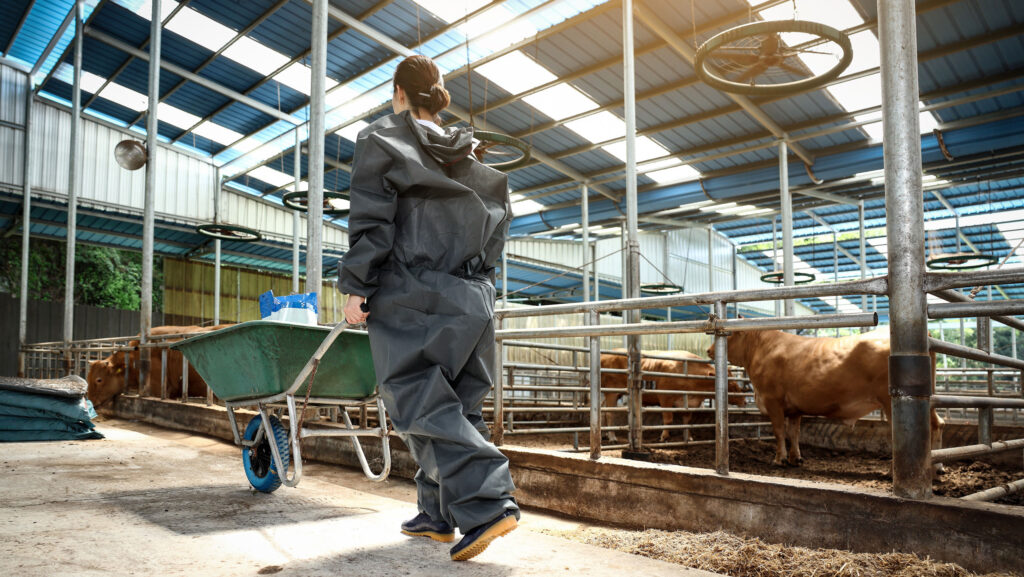NFU Scotland commits to diversity report recommendations
 © Adobe Stock
© Adobe Stock NFU Scotland chief executive John Davidson has unveiled the union’s highly anticipated diversity and inclusion report.
Unveiled at the NFU Scotland (NFUS) annual conference in Glasgow, the report represents a significant step forward in the union’s commitment to fostering a more inclusive environment and was received with full backing from the organisation, which has accepted all 14 of its recommendations.
Report author Caroline Millar, a former NFUS board member and the sector lead for Scottish AgriTourism, conducted a review over the course of 2024.
See also: Online course launches to boost diversity in UK agriculture
Her research involved engaging with members and non-members across all 10 regions the union covers.
Mr Davidson said the adoption of the recommendations sent a clear message that NFUS was dedicated to improving diversity and inclusion within the organisation.
“By demonstrating leadership and reforming our operational structures, we can make NFU Scotland a more inclusive place where all members feel welcome to get involved and thrive,” he said.
Mr Davidson confirmed that progress on these initiatives would be tracked regularly, with a report on advancements to be published every six months.
Ms Millar’s report (opens as PDF) addresses several key areas of concern, including discriminatory practices and language often encountered in meetings, such as sexist, racist, and homophobic remarks.
Outdated stereotypes
The report also pointed to outdated stereotypes, with comments such as “bring your wife, the shopping is great in Glasgow” and the use of terms like “farmer’s wife” contributing to an unwelcoming atmosphere.
A key recommendation is to diversify the NFUS board, particularly by introducing more women into leadership roles.
As it stands, the board lacks female representation. Ms Millar also suggested engaging in initiatives such as Pride marches, underlining the importance of inclusion in both words and actions.
In her report, Ms Millar reflects on the challenges of implementing diversity and inclusion in farming, noting that change can be seen as threatening by some within the industry.
However, she expresses confidence that these steps will ultimately lead to a stronger, more welcoming environment for all members, regardless of their background or identity.
